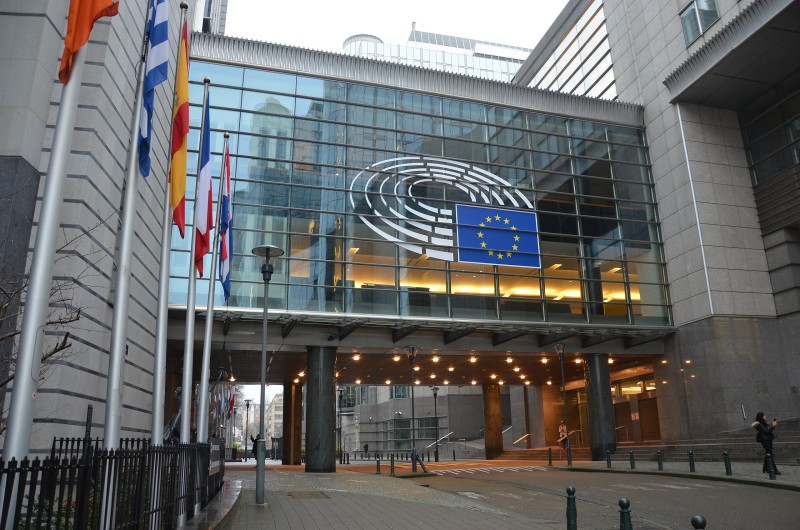Reported by
The European Parliament has moved to raise tariffs on Russian and Belarusian agricultural goods and fertilizers on Thursday in order to weaken the Kremlin’s financial capacity to sustain its war in Ukraine.
The adopted regulation imposes a 50% tariff hike on products such as sugar, vinegar, flour, and animal feed that had not yet faced extra customs duties. It also introduces a 6.5% import duty on fertilizers from both countries, with a flat rate of €40–€45 per tonne for 2025–2026. These will rise to €430 per tonne by 2028.
Officials said the goal is to reduce the EU’s economic reliance on Russia and Belarus, which has grown significantly despite sanctions. Fertilizer imports from Russia surged in 2024, and according to the Commission, the resulting dependency poses a threat to EU food security and could leave the bloc vulnerable to future political pressure.
The measure passed with 411 votes in favor, 100 against, and 78 abstentions.
Standing rapporteur for Russia Inese Vaidere (EPP, Latvia) said the proposal helps block Russian access to EU markets and prevents European consumers from indirectly funding Moscow’s war machine. “It is not acceptable that three years into the full-scale war, the EU is still buying critical products in large volumes,” she said.
The law also obliges the Commission to monitor price developments and any impacts on EU farmers or the internal market. If needed, mitigation measures can be introduced.
The tariff regime now awaits formal adoption by the Council of the European Union and will take effect four weeks after publication in the Official Journal. Affected products are listed in Annex I of the Commission’s proposal, originally tabled on January 28, 2025.
Analysts expect a decline in imports of the targeted goods and a stimulus for EU-based fertilizer production, currently struggling to compete with cheaper Russian alternatives. Brussels believes the move will promote diversification and resilience in the agricultural sector.
The tariff hike comes just days before the EU is expected to formally adopt its 17th sanctions package against Russia. Those new measures target 194 vessels in the so-called “shadow fleet” — ships used to bypass sanctions and export Russian oil. They also cover arms suppliers, banks, and dozens of individuals linked to cyberattacks, human rights violations, and sabotage across Europe.






